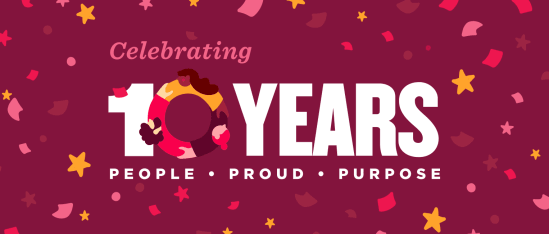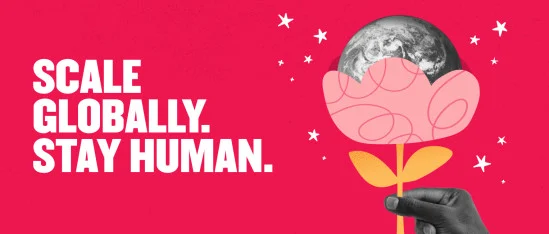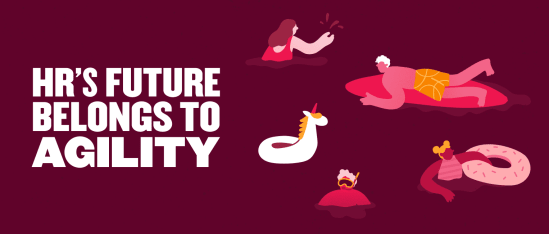HiBob’s defining year for people-first business impact
Discover how HiBob’s 2025 innovations in AI, payroll, and finance empowered HR leaders to turn people-first strategies into measurable business growth.

Build a skills-driven organization with Bob Skills, the unified framework that connects hiring, performance, and…

Learn practical onboarding activities that improve retention, boost productivity, and help new joiners settle in…

A milestone worth celebrating When I started HiBob with my co-founders ten years ago, our…

With the help of OpenAI's technology, HiBob is advancing how our teams and our customers…

Culture isn’t a side project. At Bizcap, a HiBob customer, it's been foundational from the…

Hybrid work is here to stay, and that’s a good thing.

Work is changing—fast. Fixed job roles, rigid hierarchies, and set-in-stone processes can’t keep up in…

Discover how a people-first agility mindset helps HR leaders guide change with clarity, resilience, and…

Bringing organizations together means unifying cultures, reconciling different systems, and making sense of new reporting…

Discover why employee experience is more than a perk—and how modern companies are using it…

Artificial intelligence is no longer a futuristic concept. It’s a present-day reality reshaping the world…

Meet Bob’s in-house US payroll software inside the HiBob HCM. Sync HR, payroll, benefits, and…

Discover how HR leaders can ease AI transitions by addressing emotional barriers, honoring contributions, and…

Different ways of working, assumptions, and even views of time or hierarchy don’t automatically fit…

It’s becoming increasingly clear that the future belongs to skills-first organizations.